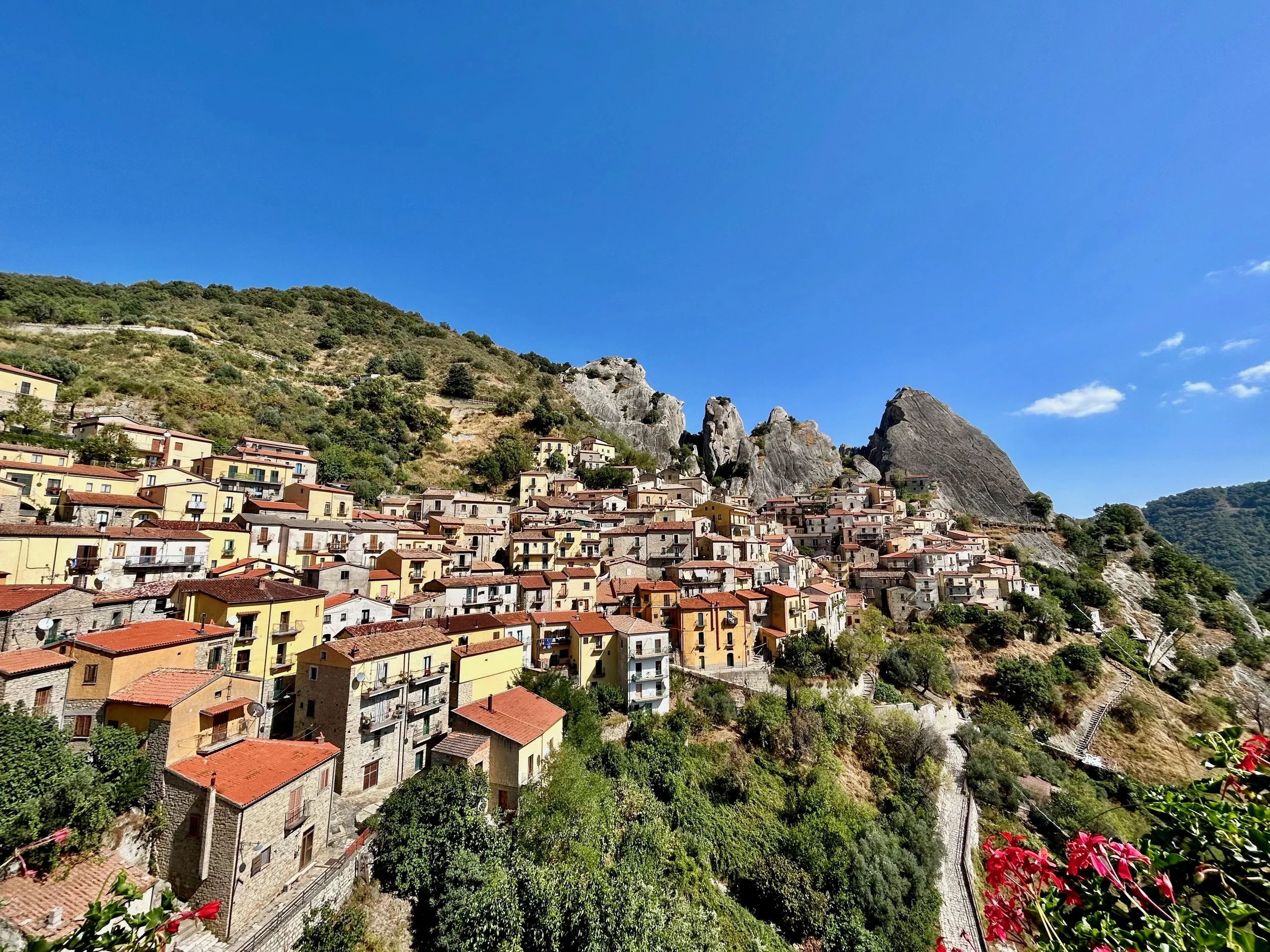Every. Single. Egg.
/The Ecology Project International (EPI) inspires young people with nature and empowers them with science to help foster tomorrow's leaders. Their overall vision is creating a diverse movement and building communities that cherish and restore the ecosystems that sustain them and engage local communities in youth development, leadership, and habitat conservation.
The organization runs world-class, science-focused travel programs for students and teachers and are building a brighter, more sustainable future.
The Pacuare Reserve is a nonprofit organization under the stewardship of EPl. Through the protected status of the land, the volunteers and researchers at Pacuare Reserve contribute to the important conservation of two iconic species: the leatherback sea turtle and the agami heron.
Leatherback Sea Turtles
Each night from March to October, Pacuare Reserve’s research assistants conduct turtle censuses along six kilometers of beach searching for nesting females. Pacuare Research assistants collect biometric data on the females and protect their nests from illegal harvesting and beach erosion. Once the adult turtle has returned to sea, the research assistants journey back to the beginning of the beach – another six kilometers – to the “Vivero” or the hatchery. In 2021, an IMPRESSIVE 46,000 kilometers (or 28,583 miles) were walked by research assistants and volunteers to find and protect more than 53,000 baby sea turtle eggs!
Around 65 days later, these eggs hatch, bringing forth the next generation of leatherback sea turtles. After gathering weight and shell length measurements, the research assistants guide the tiny sea turtles out to the ocean, where only 1 in 1,000 sea turtles make it to adulthood. These odds mean every egg matters to the survival of the leatherback sea turtles.
Agami Herons
The agami heron (Agamia agami) is a beautiful, elegant, and elusive bird that lives only on the American continent, from southern Mexico to Brazil. Historically, the agami heron once nested throughout their range, but recent studies indicate that this has changed. Presently, Pacuare Reserve is home to the only known nesting colony between Mexico and Colombia. These visually stunning birds migrate incredibly long distances to lay their eggs in the quiet protection of the Reserve.
Each year, Pacuare Reserve has observed about 80 to 130 nests. With each bird laying about 1-2 eggs each year, this means that there can be up to 260 chicks growing up at Pacuare Reserve! To preserve this quiet isolation, researchers communicate in whispers and with a mesh bird blind.
The agami heron research at Pacuare Reserve focuses on the abundance, the densities, and the reproduction cycles of the species. Pacuare Reserve researchers work hard and long hours to gain a stronger understanding of this beautiful bird and protect the survival of the species, egg by egg!
You can make a meaningful contribution to protect every egg! Visit Every Egg Matters and donate today!





